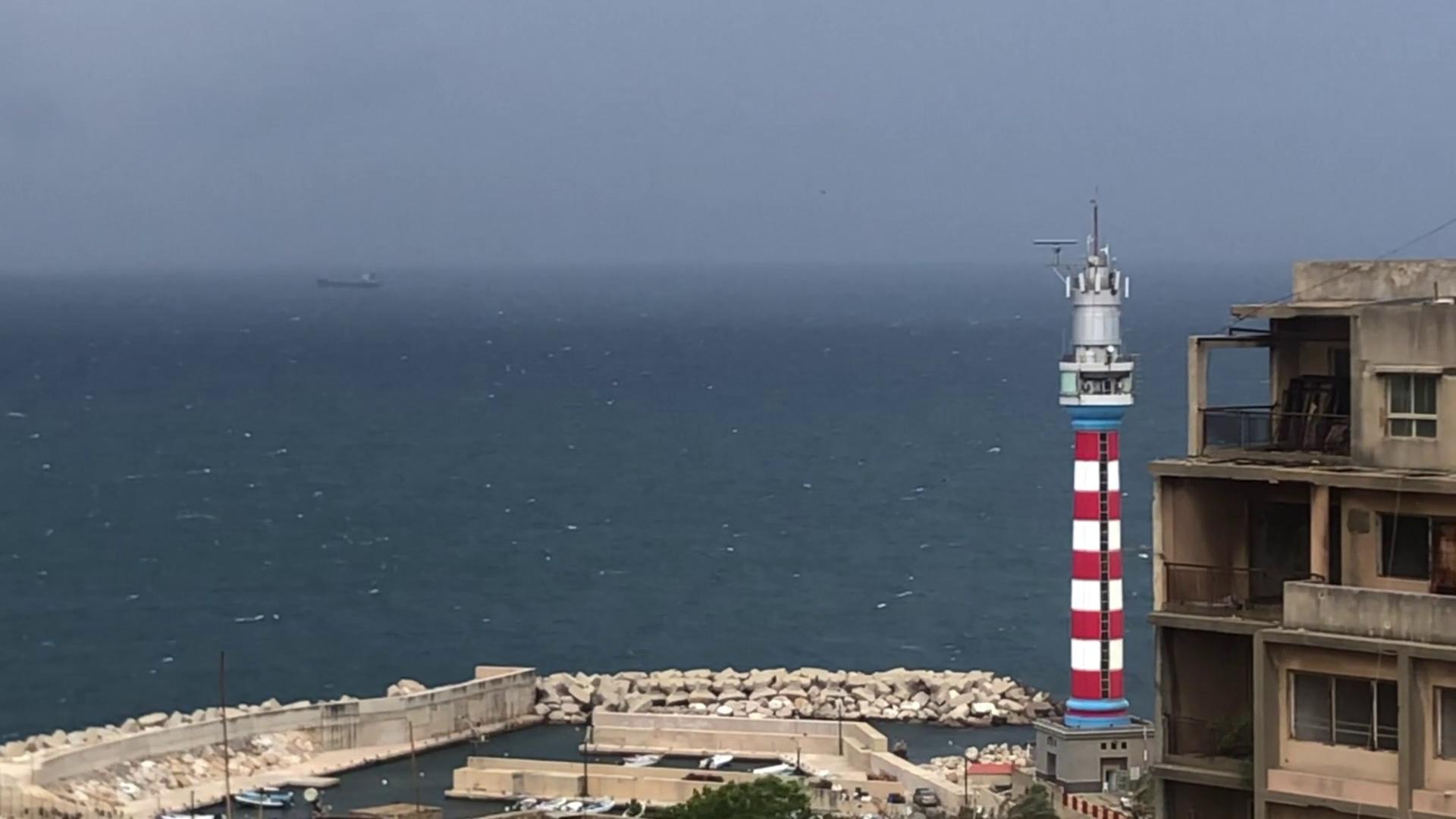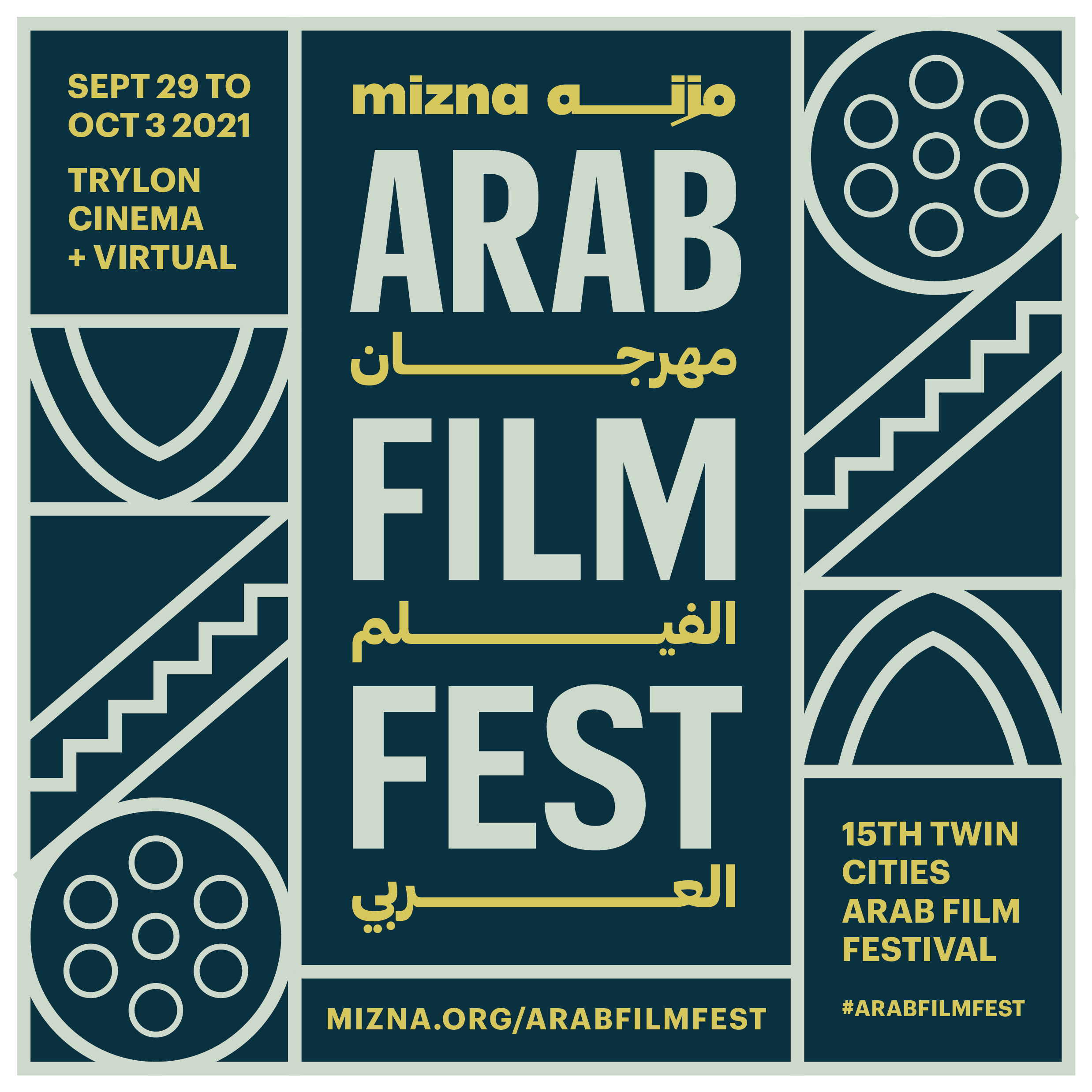
Encountering the real effects of destruction, the films in this Beirut-focused series complicate the relationship between fact and fiction, using poetry and other forms of intermediality to witness what emerges from ruins. Beirut, a city that has often been the site of sectarian, colonialist and imperialist violence, is a context which produces films that critically engage with images related to moments during, between, and after war and upheaval. At the center of this series is a retrospective of several early films by Jocelyne Saab, who uses documentary form to demonstrate the effects of violence in Lebanon and to challenge dominant western media perceptions and practices of filming and exhibiting war in Beirut. This series coincides with and honors the one year anniversary of the devastating Beirut Port explosion through the celebration of Lebanese filmmaking.
Cultural works made in post-war Lebanon are often labyrinthine in form and content, as artists and their subjects attempt to understand, navigate, and resist the sectarian power structures that led to the war, and reckon with its boundless destruction. As the Lebanese people continue to live under protracted war infrastructures, the questions raised in the August films by Mai Masri and Jean Chamoun, Jalal Toufic and Graziella Rizkallah Toufic, and Ghassan Salhab remain as relevant as ever.
In Ghassan Salhab’s recent short filmic poems and political documentaries, deliberately minimal images are used to make eloquent expressions of a desire for a new reality. As Salhab puts it: "The uprising in Lebanon was seriously starting to run out of steam; the first lockdown abruptly interrupted it, temporarily, we think. Now, as Bernard Noël wrote, we must raise our fists and fight the memory."
- Year2021
- Runtime12 minutes
- CountryLebanon
- DirectorGhassan Salhab
Encountering the real effects of destruction, the films in this Beirut-focused series complicate the relationship between fact and fiction, using poetry and other forms of intermediality to witness what emerges from ruins. Beirut, a city that has often been the site of sectarian, colonialist and imperialist violence, is a context which produces films that critically engage with images related to moments during, between, and after war and upheaval. At the center of this series is a retrospective of several early films by Jocelyne Saab, who uses documentary form to demonstrate the effects of violence in Lebanon and to challenge dominant western media perceptions and practices of filming and exhibiting war in Beirut. This series coincides with and honors the one year anniversary of the devastating Beirut Port explosion through the celebration of Lebanese filmmaking.
Cultural works made in post-war Lebanon are often labyrinthine in form and content, as artists and their subjects attempt to understand, navigate, and resist the sectarian power structures that led to the war, and reckon with its boundless destruction. As the Lebanese people continue to live under protracted war infrastructures, the questions raised in the August films by Mai Masri and Jean Chamoun, Jalal Toufic and Graziella Rizkallah Toufic, and Ghassan Salhab remain as relevant as ever.
In Ghassan Salhab’s recent short filmic poems and political documentaries, deliberately minimal images are used to make eloquent expressions of a desire for a new reality. As Salhab puts it: "The uprising in Lebanon was seriously starting to run out of steam; the first lockdown abruptly interrupted it, temporarily, we think. Now, as Bernard Noël wrote, we must raise our fists and fight the memory."
- Year2021
- Runtime12 minutes
- CountryLebanon
- DirectorGhassan Salhab
